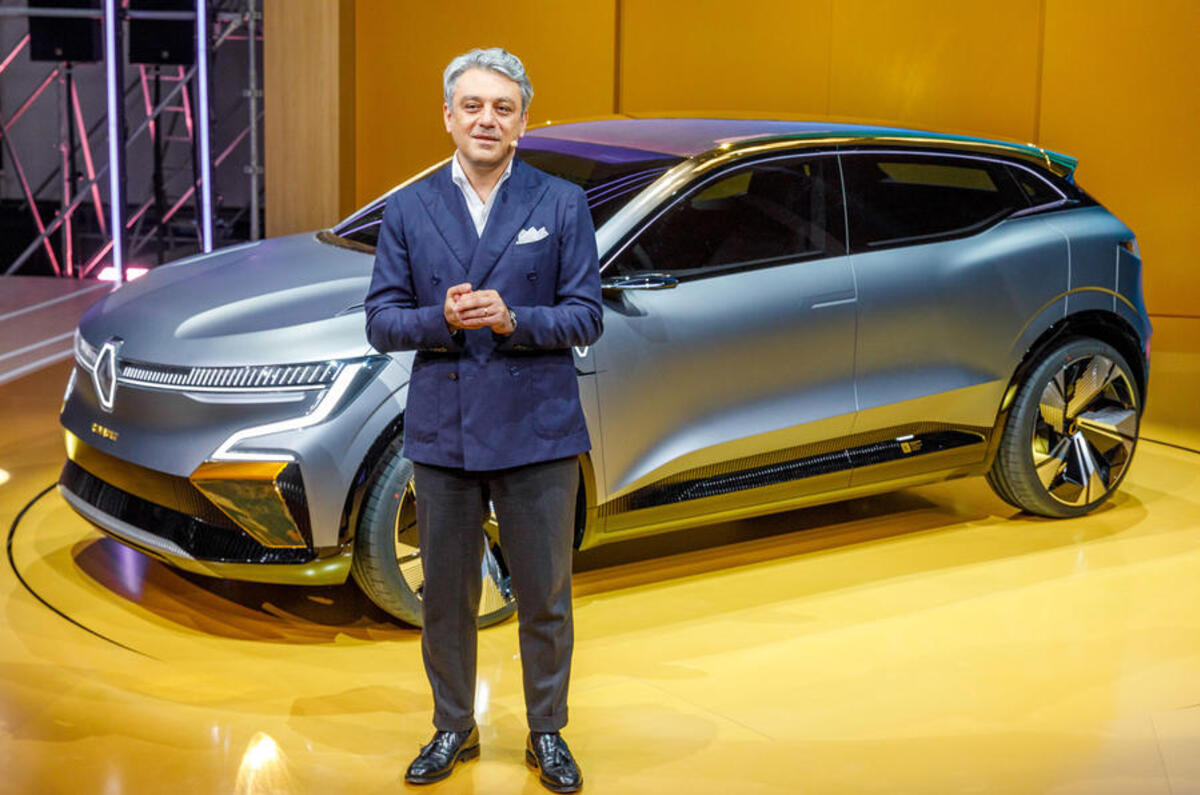Rushing to mandate EV-only car sales too soon could have far-reaching financial, ecological and societal implications, said Renault Group boss Luca de Meo.
Responding to the European Commission’s desire to ban the sale of all new cars powered by fossil fuels by 2035, de Meo told the Financial Times’ Future of the Car summit: “The first thing I want to say is that Renault is obviously very committed to EVs. We started very early here, and we continue to believe that EV and maybe hydrogen can be a good solution for some applications.




Add your comment